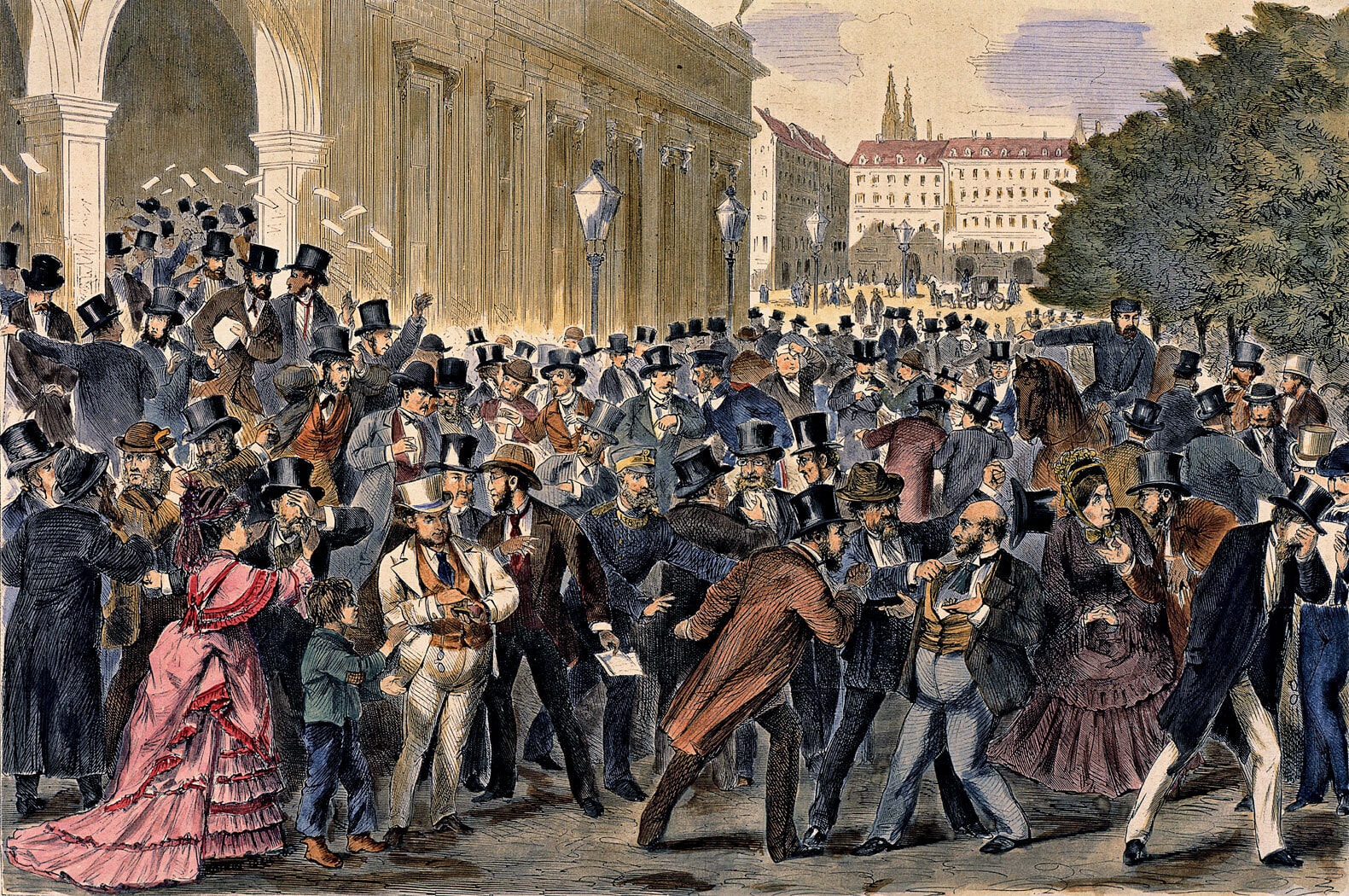What Ebola teaches us about development

Stay up to date:
Future of Global Health and Healthcare
The Ebola epidemic in West Africa is destroying lives, decimating communities, and orphaning children at a rate not seen since the region’s brutal civil wars ended more than a decade ago. In Liberia, 60% of markets are now closed; in Sierra Leone, only one-fifth of the 10,000 HIV patients who are on anti-retroviral treatments are still receiving them; and Guinea’s government is reporting a $220 million financing gap because of the crisis. If the outbreak is not contained soon, most of the economic and social gains achieved since peace was restored in Liberia and Sierra Leone, and since Guinea’s democratic transition began, could be reversed.
All three countries remain fragile, divided, and, as the current crisis highlights, uniquely prone to shocks. More broadly, the region’s current crisis should inspire reflection about how the world supports and advances development.
One important reason for these countries’ vulnerability is the consistent lack of investment in their populations, which has prevented ordinary citizens from reaping the benefits of economic growth. Indeed, while the economies of Guinea, Liberia, and Sierra Leone grew rapidly in the ten years prior to the Ebola outbreak – at average annual rates of 2.8%, 10%, and 8%, respectively – their populations have seen little improvement in their daily lives. More than 65% of foreign direct investment has gone toward mining and logging, which are notorious for generating little employment and concentrating wealth in the hands of a few.
Likewise, though health services in Liberia and Sierra Leone improved after their civil wars ended, quality and coverage have remained well below West African standards. When Ebola struck, Liberia had only 120 doctors for its four million citizens. Add to that sprawling urban slums – semi-governed, overcrowded, and poorly sanitized – and it is not surprising that these countries have struggled to contain the epidemic.
The threat that Ebola poses in all three countries extends beyond health care. Throughout the region, a history of conflict and a legacy of poor governance have fueled a deep distrust of governments and state institutions, as indicated in a 2012 Afrobarometer survey. Indeed, these countries’ lack of an established social contract has been the main obstacle to establishing political authority and effective governance.
Moreover, this environment has created fertile conditions for the spread of wild theories including that the government and aid workers are conspiring to infect citizens. Many people deny that the Ebola virus exists at all, claiming that their governments have invented it to raise additional funds – which they will never see – from the international community.
Such doubts and fears are leading families to hide their dead and conduct funerals at night, with some communities going so far as to attack health workers. All of this is making it extremely difficult to halt the spread of the disease.
With a highly contagious and lethal virus devastating poor and fragmented societies that distrust their leaders, business as usual is not enough. The only way to halt the current Ebola outbreak, and prevent similar epidemics, is to address the fundamental social and political vulnerabilities that have allowed the virus to flourish.
The key is to place people at the center of development efforts, by increasing investments in health care, education, and other public services. At the same time, a strong effort must be made to bolster job creation. With a reliable support structure and adequate economic opportunity, households – and, in turn, countries – become more resilient.
Those at the forefront of the fight against Ebola – including the United Nations Development Program – have been mobilizing communities against the disease, supporting medical teams, and helping survivors and families of the infected cope with the tragedy. While these efforts could not be more important, they must be backed by a longer-term strategy to strengthen these fragile countries’ defenses.
Ebola will be defeated, but the vulnerabilities that this outbreak has exposed should spur a fundamental shift in focus among policymakers. The development approach thatdominates global thinking today emphasizes economic growth and state-building over social progress. But the only way to boost a society’s resilience and ability to trust impersonal institutions is to give the people who comprise it the tools – and confidence – they need to prosper.
This article is published in collaboration with Project Syndicate. Publication does not imply endorsement of views by the World Economic Forum.
To keep up with Forum:Agenda subscribe to our weekly newsletter.
Author: Abdoulaye Mar Dieye is the United Nations Development Program’s Director of the Regional Bureau for Africa.
Image: A health worker is reflected in a mirror as he prepares protective equipment near Rokupa Hospital, Freetown October 6, 2014. REUTERS/Christopher Black.
Don't miss any update on this topic
Create a free account and access your personalized content collection with our latest publications and analyses.
License and Republishing
World Economic Forum articles may be republished in accordance with the Creative Commons Attribution-NonCommercial-NoDerivatives 4.0 International Public License, and in accordance with our Terms of Use.
The views expressed in this article are those of the author alone and not the World Economic Forum.
Related topics:
Forum Stories newsletter
Bringing you weekly curated insights and analysis on the global issues that matter.
More on Economic GrowthSee all
Juan Caballero and Ana Sampaio
July 18, 2025
John Letzing
July 17, 2025
William Dixon
July 16, 2025
Aengus Collins
July 15, 2025
Guy Miller
July 15, 2025
Aaron Sherwood
July 15, 2025





